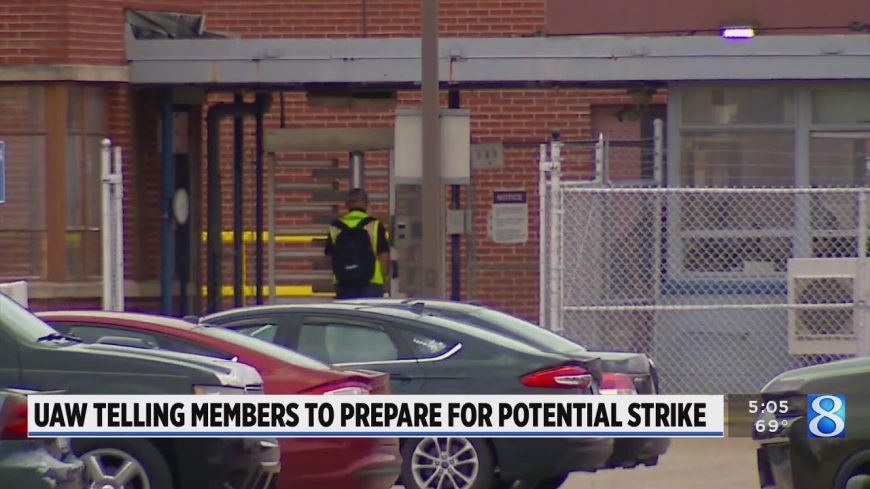Prices to Rise Even More? UAW Warns Members to Prepare for Strike

Ladies and gentlemen, the American auto market appears to be facing a level of uncertainty that surpasses even the challenges of the past few years. The year 2020 left a mark on virtually every industry across the globe, with some sectors recovering more swiftly than others.
The automotive market, unfortunately, remains one of the stragglers, struggling to regain its footing in the aftermath of widespread disruptions. A recurring theme in this narrative is the persistent shortage of inventory and the accompanying surge in prices.
While there have been promising glimmers of recovery in the automotive sector, an impending obstacle threatens to further complicate matters. This obstacle is the upcoming expiration of the contract between the United Auto Workers (UAW) and American automakers. The current agreement is slated to conclude on September 14, and its termination necessitates renewed negotiations between the parties to ensure seamless production continuation – this seems unlikely to happen in a timely manner.
The UAW has already advised its members to brace for a potential strike just a month after the contract lapses, and experts suggest that the chances of avoiding such a scenario are diminishing with each passing day. The upcoming negotiations are laden with a host of challenging issues, including a proposed 46% wage increase over the next four years, implementation of a 32-hour work week, and amplified retirement benefits, among other stipulations put forth by the UAW.
@realbrianmello Truck Pricing Are Going Up! | #gmctrucks #chevytrucks #fordtrucks #ramtrucks @ramtrucks @General Motors @Ford Motor Company ♬ original sound – Brian Mello
Should all of these demands be met, the potential consequence is a staggering $80 billion surge in labor expenses for U.S. automakers. The essence of these negotiations revolves around the delicate balance between allocating profits to labor and channeling funds towards the automobile market’s transformation to electric vehicles.
The prevailing sentiment is one of deadlock; Stellantis, for instance, submitted a proposal to the UAW, only for the union’s president to literally throw it in the trash on a livestream.
The impending strike could have far-reaching repercussions, particularly for parts suppliers who were already striving to recuperate from lingering supply chain disruptions. This predicament may also serve to further elevate the cost of new vehicles, possibly extending its influence to the pre-owned market as the pool of available units dwindles.

